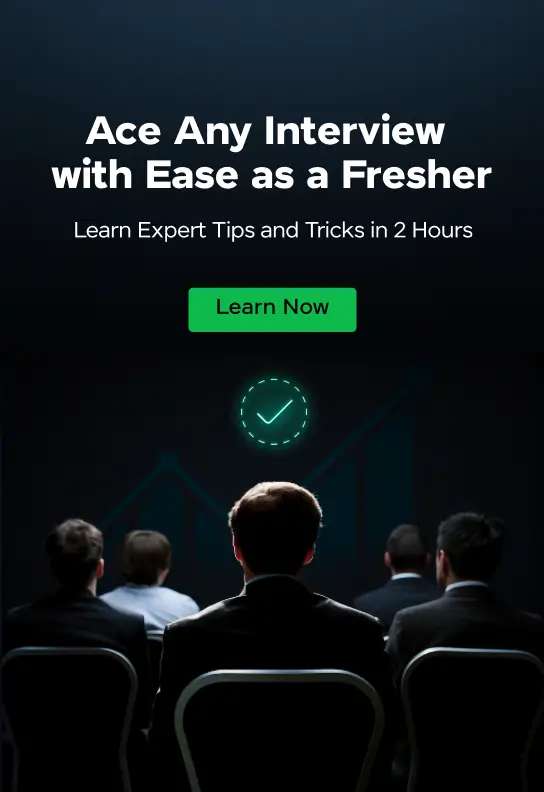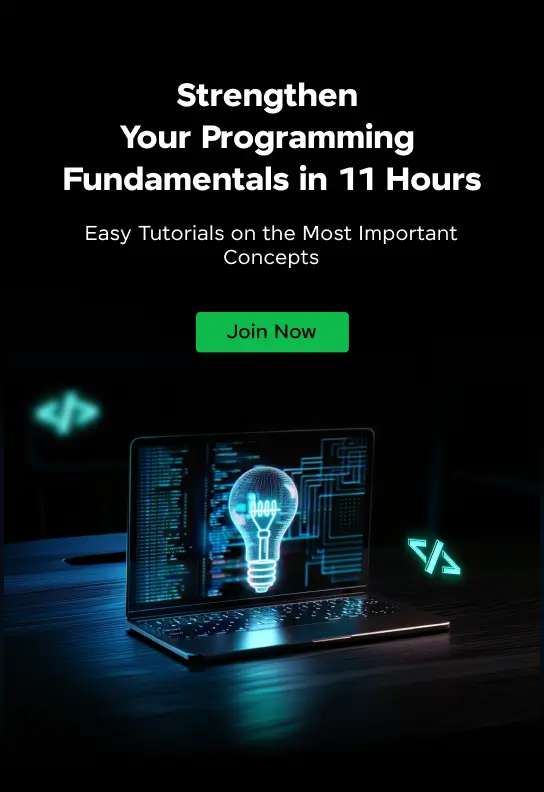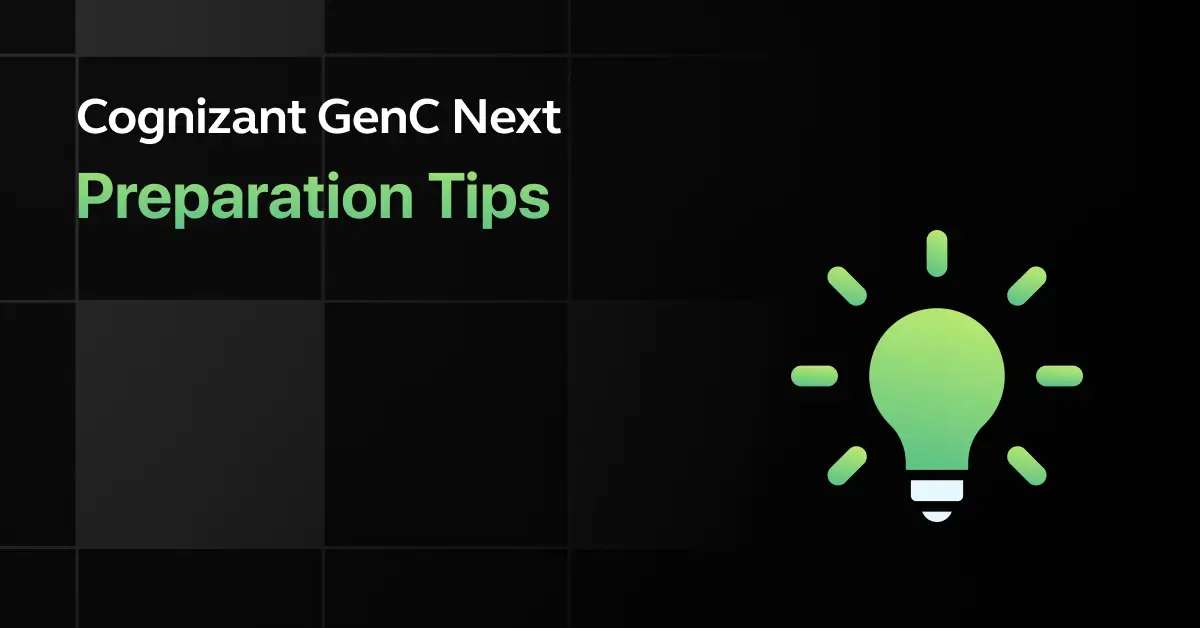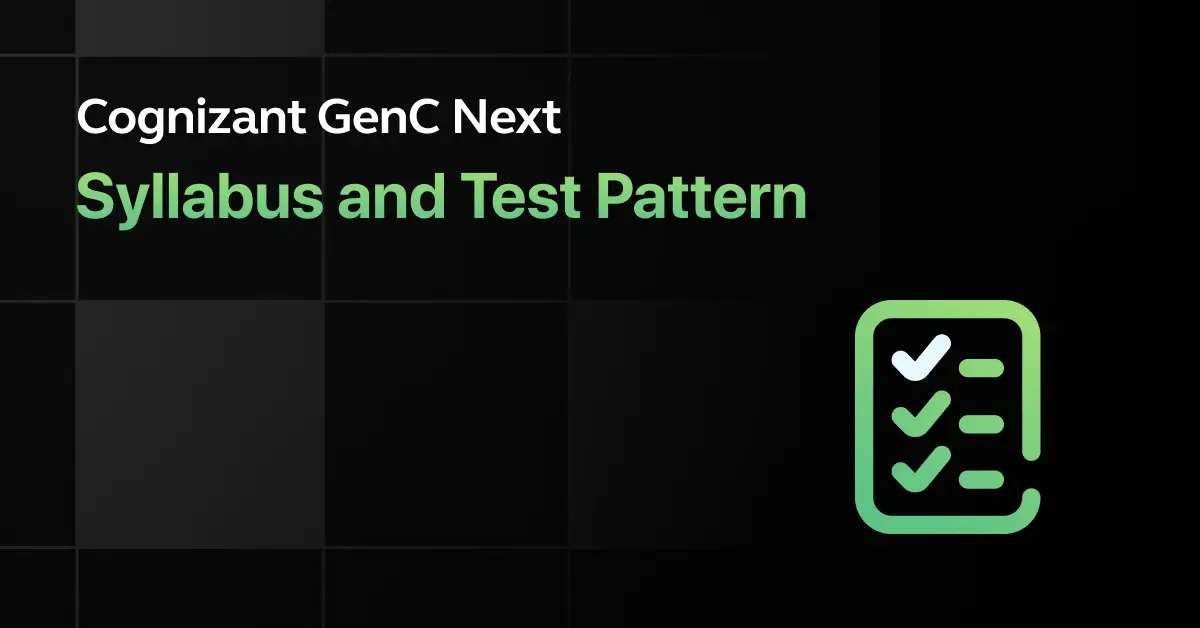Cognizant GenC Next Recruitment Process
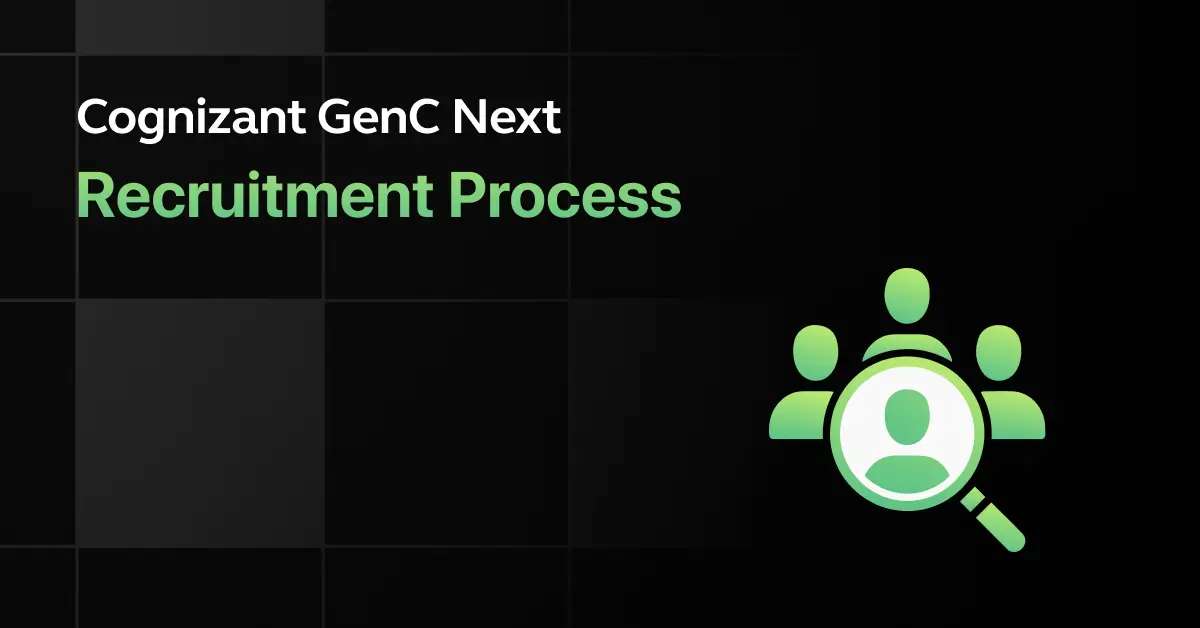
The Cognizant GenC Next Recruitment Process is your gateway to an exciting journey into the world of technology and innovation. Cognizant, a global leader in IT services, is on the lookout for exceptional talent to join their ranks, and GenC Next serves as the platform for this next-gen recruitment.
In this guide, you can delve into the details of the Cognizant GenC Next hiring and interview process for freshers, shedding light on what aspiring candidates can expect as they embark on this exciting career opportunity.
Cognizant GenC Next Job Roles
Cognizant is hiring for these job roles through Cognizant GenC Next Recruitment Process:
| IT | Non-It | Specialist Roles |
|---|---|---|
| Advanced Java/DotNet/Python Developer | Digital User Experience Engineer | Data Scientist |
| Full-Stack Software Engineer (Java/DotNet) | ||
| IoT Engineer (Java/DotNet) | ||
| Advanced C and UNIX Developer | ||
| AWS Infra Developer | ||
| Google Engineer | ||
| Cybersecurity Engineer | ||
| Performance Engineer | ||
| Quality Engineer |
Cognizant GenC Next Recruitment Eligibility Criteria
Here’s an overview of the Cognizant GenC Next Recruitment Eligibility Criteria:
| S.No | Eligibility Criteria for Cognizant GenC Next | Information |
|---|---|---|
| 1. | Academic Criteria | Minimum of 60% or 6.5 CGPA in graduation. Eligible streams include BE/B.Tech, MCA, and M.Sc. |
| 2. | Backlog Criteria | No backlogs |
| 3. | Education and Gap Criteria | More than 2 years gap in education are not eligible |
| 4. | College Attendance Requirements | Candidates must not have any pending attendance requirement with the college. |
| 5. | Citizenship or Appropriate Documentation | Should be an Indian Citizen or should carry a PIO or OCI card, in case holding a passport of any other country. |
| 6. | Gap Between Applications | Not specified |
Cognizant GenC Next Recruitment Process for Freshers 2024
Cognizant GenC Next comprises three distinct rounds: the Skill-Based Round, the Technical Interview Round and HR round. Here’s what to expect in each:
1. Skill Based Assessment
The Skill based assessment includes the following sections, topics, and questions to be completed in the allotted time.
| Sections | Topics | No. of Questions | Time (Minutes) |
|---|---|---|---|
| Multiple Choice Questions | 20-25 (shared) | 40 (shared) | |
| Programming Construct, DSA, Algorithms | |||
| Database/SQL | |||
| Web UI | |||
| Coding Challenge | 5-6 (shared) | 140 (shared) | |
| Basic Coding | |||
| Medium Level Coding | |||
| Case Study: 1 Difficult Competitive Coding | |||
| Case Study: 2 Difficult DSA | |||
| Case Study: SQL |
1.1 MCQ Section
The Multiple Choice Questions (MCQ) section will test candidates’ knowledge in Programming Constructs, Data Structures and Algorithms (DSA). This section is designed to assess their understanding of fundamental programming concepts, problem-solving skills, and ability to apply algorithms efficiently.
1.2 Coding Section
The coding challenge section encompasses various levels of coding assessments, including basic coding, medium-level coding, and challenging case studies in Competitive Coding, DSA, and SQL. These challenges aim to evaluate candidates’ programming proficiency across different complexity levels.
2. Technical Interview
The Technical Interview is focused on evaluating candidates’ technical and domain-based knowledge. It will assess their proficiency in the relevant subject matter and problem-solving abilities.
3. HR Interview
The HR Interview aims to gauge the candidate’s personality, communication skills, and their approach to various situations. The HR Interview aims to gauge the candidate’s personality, communication skills, and their approach to various situations.
FAQs
1. How many rounds are there in Cognizant GenC Next recruitment process?
There are 3(three) rounds in the Cognizant GenC Next Recruitment Process.
2. What are the different rounds in Cognizant GenC Next recruitment process in 2024?
The different rounds are skill-based assessment and technical and HR interview rounds.
3. Which rounds are elimination rounds in the Cognizant GenC Next recruitment process?
The elimination round is the skill-based assessment in the Cognizant GenC Next Recruitment Process.
4. Are there any specific job roles within Cognizant GenC Next that have different recruitment processes?
Cognizant holds different recruitment processes to hire candidates for different job roles.
5. How does Cognizant GenC Next assess candidates’ skills during the recruitment process?
Cognizant evaluates candidates’ academic background, past experiences and performance in the skill-based assessment.
Explore More Cognizant GenC Next Resources
Related Posts
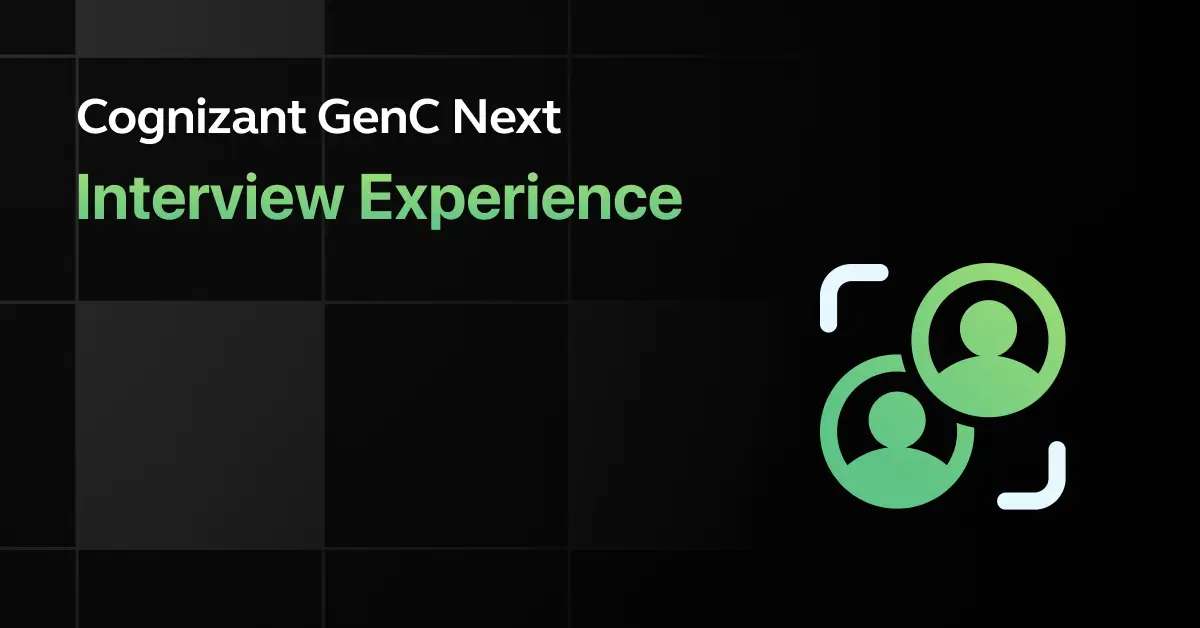

Cognizant GenC Next Interview Experience
Here are two real-life examples of Cognizant GenC Next fresher interview experiences to provide you with a detailed understanding of …
Warning: Undefined variable $post_id in /var/www/wordpress/wp-content/themes/placementpreparation/template-parts/popup-zenlite.php on line 1050


